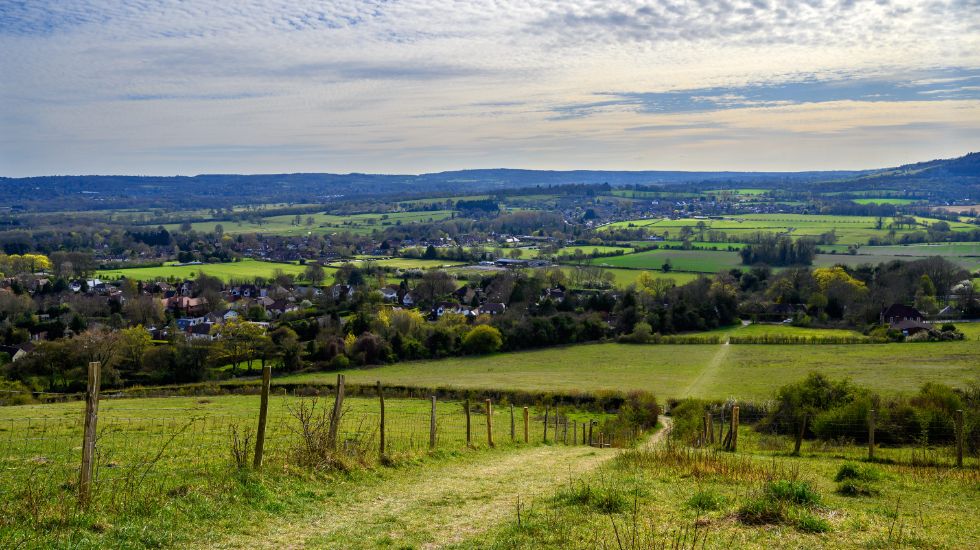
Insight
It is not uncommon for famers to keep farming up to the day they die and never retire. However, as illness can take hold at any time or a farmer simply starts to slow down how can they ensure the valuable reliefs of agricultural or business relief are not lost.
Is the farmhouse still a farmhouse?
Where the farmhouse is the centre of the farming operation it can qualify, at least in part, for agricultural relief. The problem is that over time the farmer occupying the farmhouse gradually does less day to day farming and others perhaps start to do more. The farm office may have once have been in the farmhouse but this has moved to another property due to convenience.
To retain the relief on the farmhouse, options need to be considered. If there are others involved in the farm, perhaps through a partnership, could one of the other more active partners move into the farmhouse? The older farmer instead moving to a smaller property on the farm. Care needs to be taken to check how the farmhouse is owned, whether by the farmer or in partnership.
If the farmer stays in the farmhouse then it is essential that the farmhouse remains the hub of operations. Even if the farmer cannot get out on the land as much as he or she once would, he needs to stay involved and be active in making decisions about the activities being carried on the farm. Ensure all farm meetings are held in the farmhouse and that records and paperwork are stored there. Keeping minutes of meetings, recording when and where they took place can be helpful as evidence to present to HMRC.
How can the land remain in production?
If the farmer has been farming in hand and on his own he should think about his succession plans. If there is someone who is to inherit then can that person become involved before the farmer dies?
It may be possible for the farmer to join in partnership with those that he wishes to leave the farm to. If a farming partnership is entered in to it is sensible to make sure that the farmland is owned by the partnership to maximise the potential reliefs. There should be in place a partnership agreement reflecting various matters to do with the business and including the share each partner has in the business. The partnership accounts should also correctly reflect the agreement reached by the partnership agreement, particularly when recording interests in the land. To ensure that agricultural relief remains available on the farmhouse, the business should continue to be run from the farmhouse.
Are there other options available?
If the farmer is not ready to include successors in his business, then there are other options available.
Where the farmer wishes to remain involved but undertake less of the physical work then contract farming may be an option. The farmer should run the business and continue to be fully involved in all decision making. However, the contractor can be engaged to carry out at least some of the practical day-to-day farming. As with a partnership, there should be an agreement in writing between the farmer and the contractor setting out who is to do what and how the contractor will charge.
However it is essential in order to retain agricultural business relief that the farmer continues to be in charge and manage his business. The contractor would be able to carry out specific agricultural activities as directed by the land owner.
Another option may be to let out the land for grazing by livestock belonging to some other farmer. The land owner should still maintain the land to ensure that good husbandry takes place. Again, it is helpful to have the agreement between the land owner and the grazier in writing.
Care does need to be taken that the land owner is doing enough to claim that he is still farming the land. HMRC may try to attack this type of arrangement to say that he is merely taking a rent from the land which would not be a qualifying activity for agricultural relief or business relief.
If claiming relief on the farmhouse itself is less of an issue then there are other options available for letting out the land and allowing it to be farmed by someone other than the land owner.
Whatever decisions are made by the farmer, he would be wise to take advice from advisors on what is most suitable in his position and depending on what involvement he still wishes to have.
If you would like further information on this topic, please do get in touch info@ts-p.co.uk
